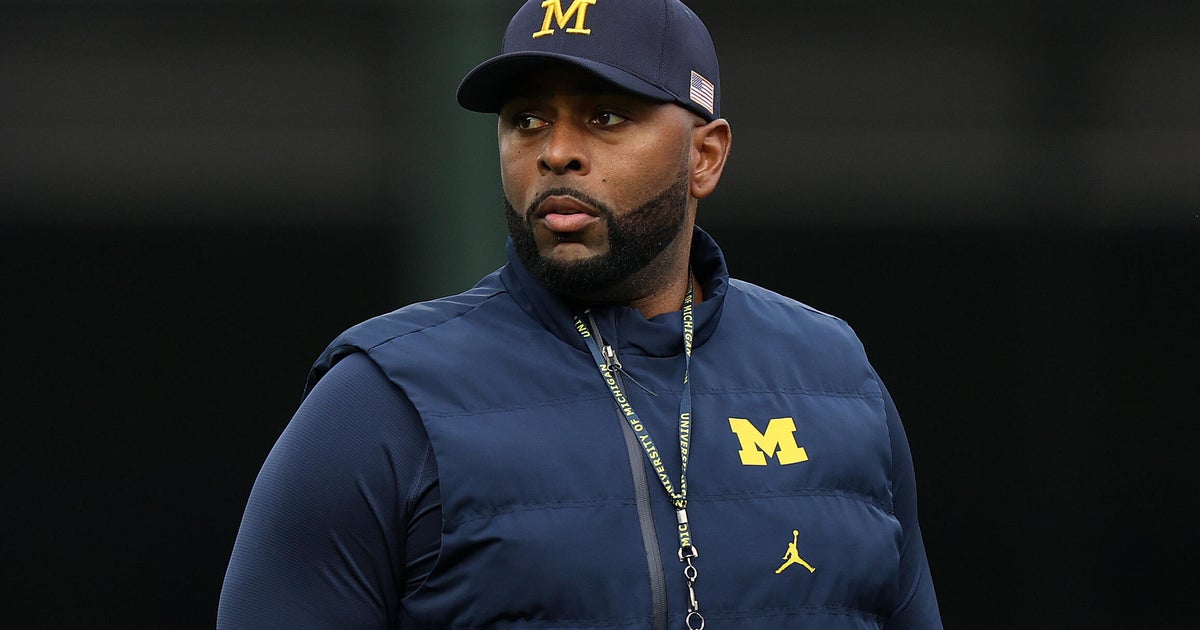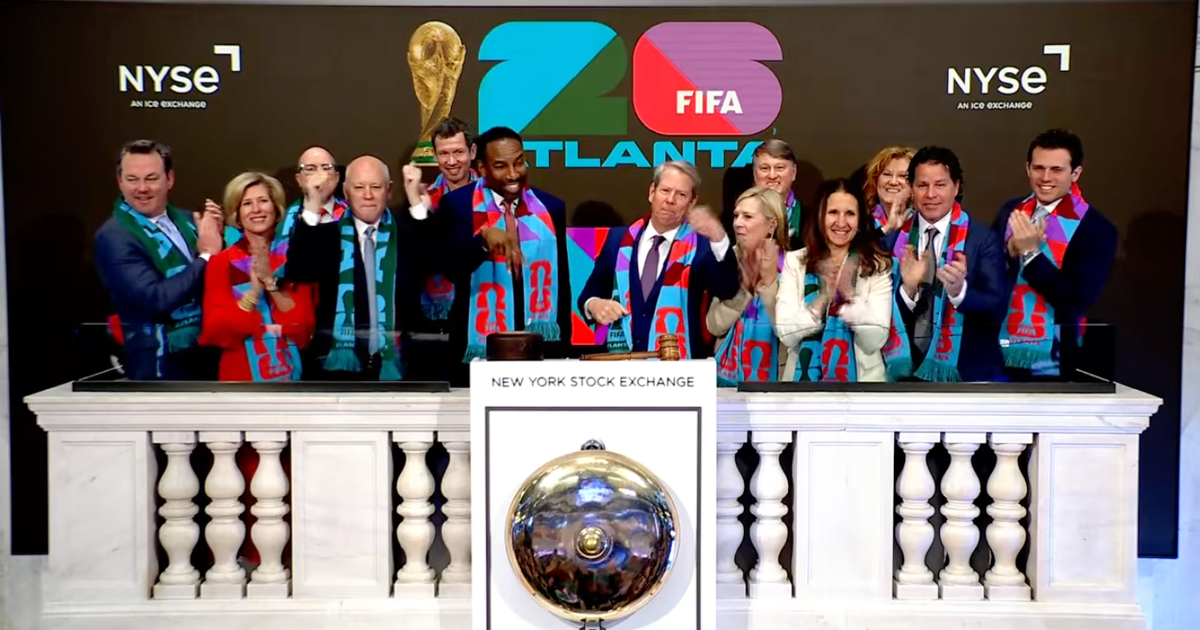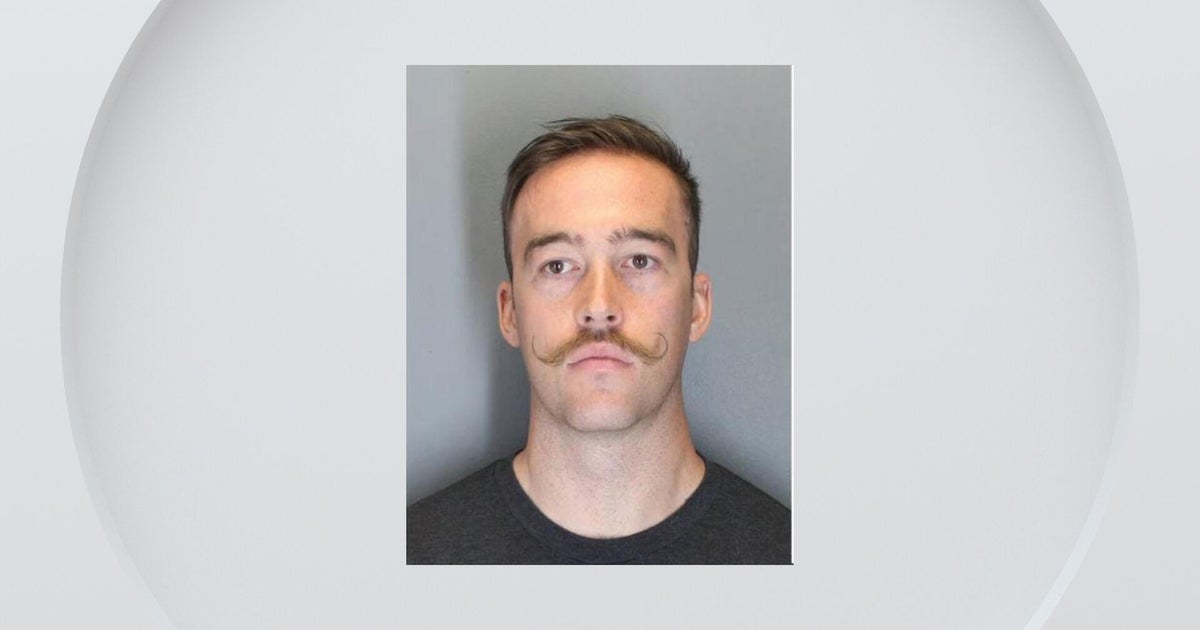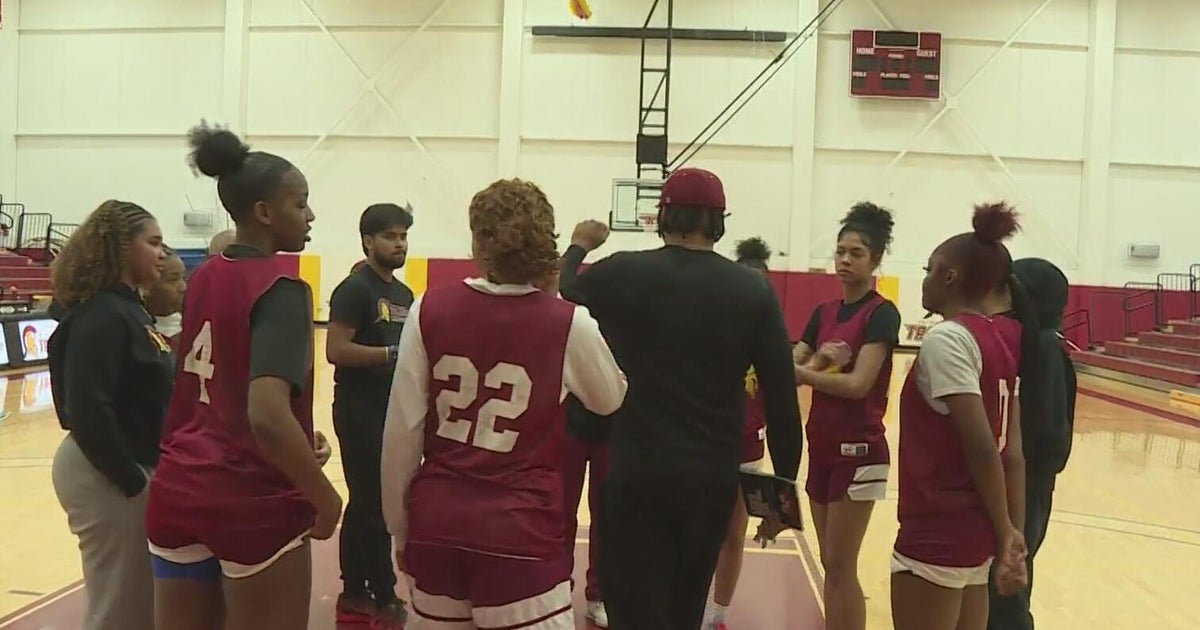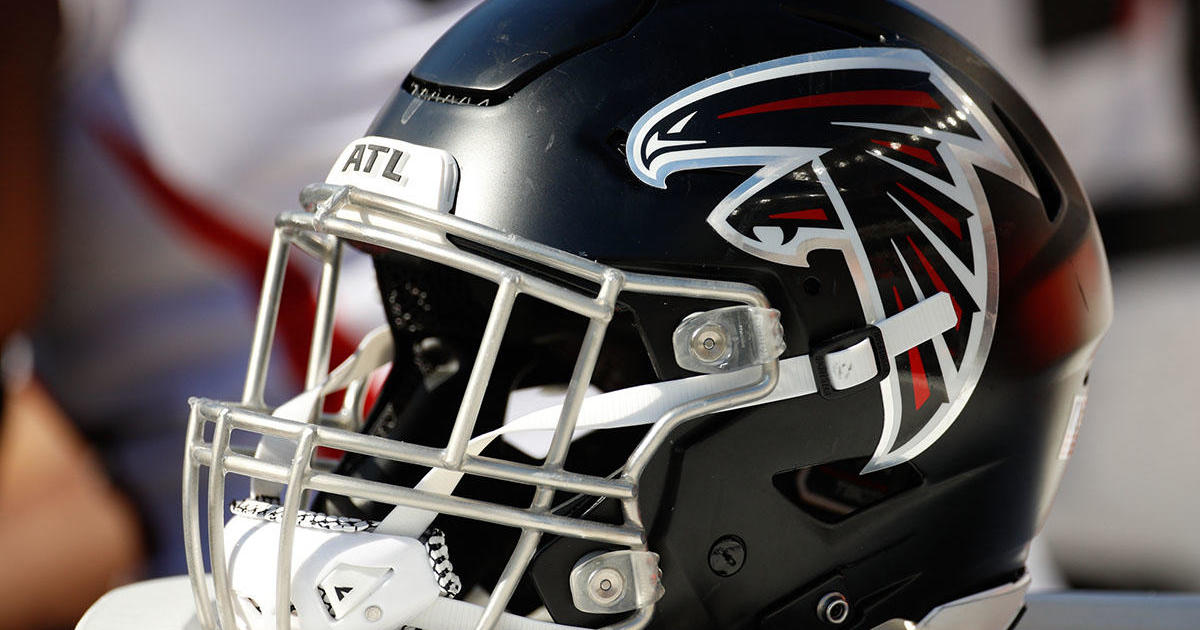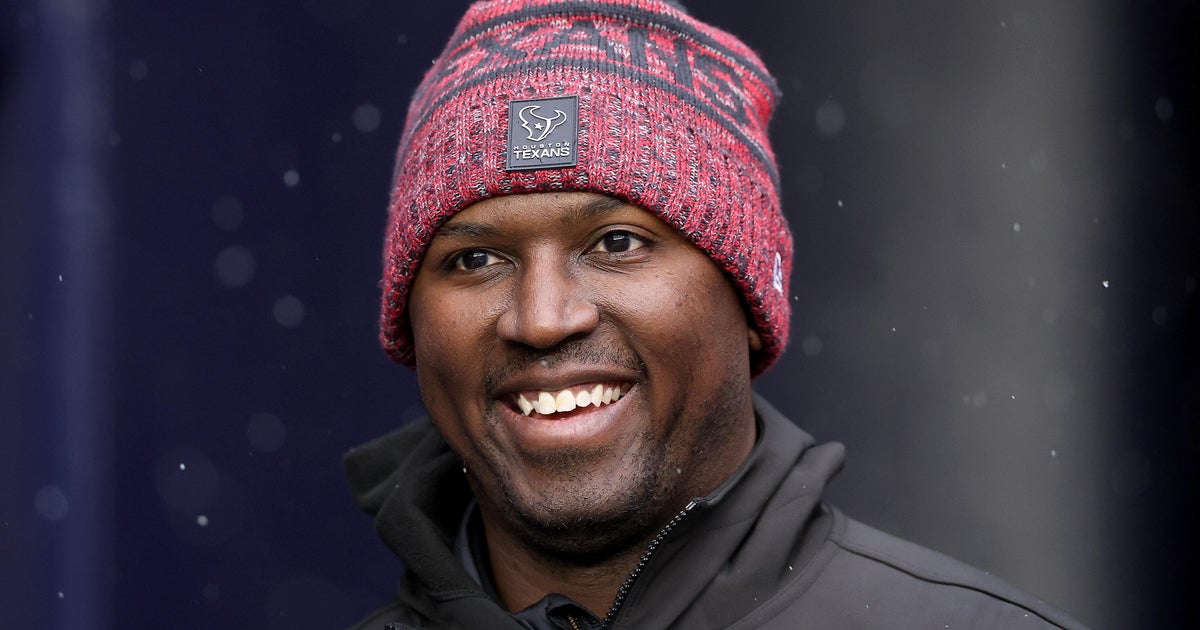Calls For Death Penalty For UM Ring Hollow
MIAMI (CBSMiami) - Death penalty. That was a common sentiment among some fans and commentators when the reports of impermissible benefits and other NCAA violations first surfaced in August 2011.
Nevin Shapiro, the disgraced former booster and convicted criminal, first told CBS4 in an interview from prison that he thought the school would get the death penalty for the allegations he made against the program.
Before we go further, the death penalty in college football terms is essentially the complete shutdown and dismantling of a program for a prescribed period of time. It's the most severe penalty handed out by the NCAA's Committee on Infractions.
The most notable example of the death penalty is SMU in the early and mid-1980's. SMU committed countless NCAA infractions and had an institutional process for even paying players that stretched into the political sphere.
The completely corrupt program was shut down and has never fully recovered from that penalty.
Back to August 2011, commentators jumped on the reports against Miami and began to talk about the death penalty coming into play for the University of Miami in regards to the Nevin Shapiro allegations.
ESPN's Mark May was one of the top cheerleaders for UM to get the death penalty in 2011 telling a teleconference call of writers, "If there was ever a situation that (merited the death penalty) this would be it. That's my opinion and I stick to it. What does it take to get the death penalty now? 100 players? 125? It's a culture of corruption. This university, in my opinion, was not run in the correct way. We all know that. When you have a situation that didn't happen in one year or two years or three years, it happened over the course of time, then something is definitely wrong...If it's not going to happen with this program, then what would it take?" via the Palm Beach Post
But May was far from alone in his talk of the death penalty. ESPN's SportsCenter talked repeatedly on its shows about the possibility of the death penalty for Miami.
The death penalty question was fodder for weeks after the initial allegations were made.
Patrick Rishe, a contributor to Forbes, had a story headlined: "University of Miami Must Receive College Football 'Death Penalty'"
Buzz Bissinger at the Daily Beast said Miami's football program should be put to death for good as well as the resignation of school president Donna Shalala.
The Christian Science Monitor had a story headlined: "Five times the NCAA meted out a 'death penalty.' Will Miami make six?"
Needless to say, most of the hysteria that sprang up with the initial allegations against UM died down as the NCAA's bumbled investigation dragged on for two years.
In the end, UM fell on its own sword, enforced its own punishment and the NCAA said that was a big reason why the punishment from the Committee on Infractions was not more severe.
UM's players, fans, alumni, and administrators can all move on from the Shapiro scandal knowing that when the information came to light, the school and athletic department did everything that was asked of them.
